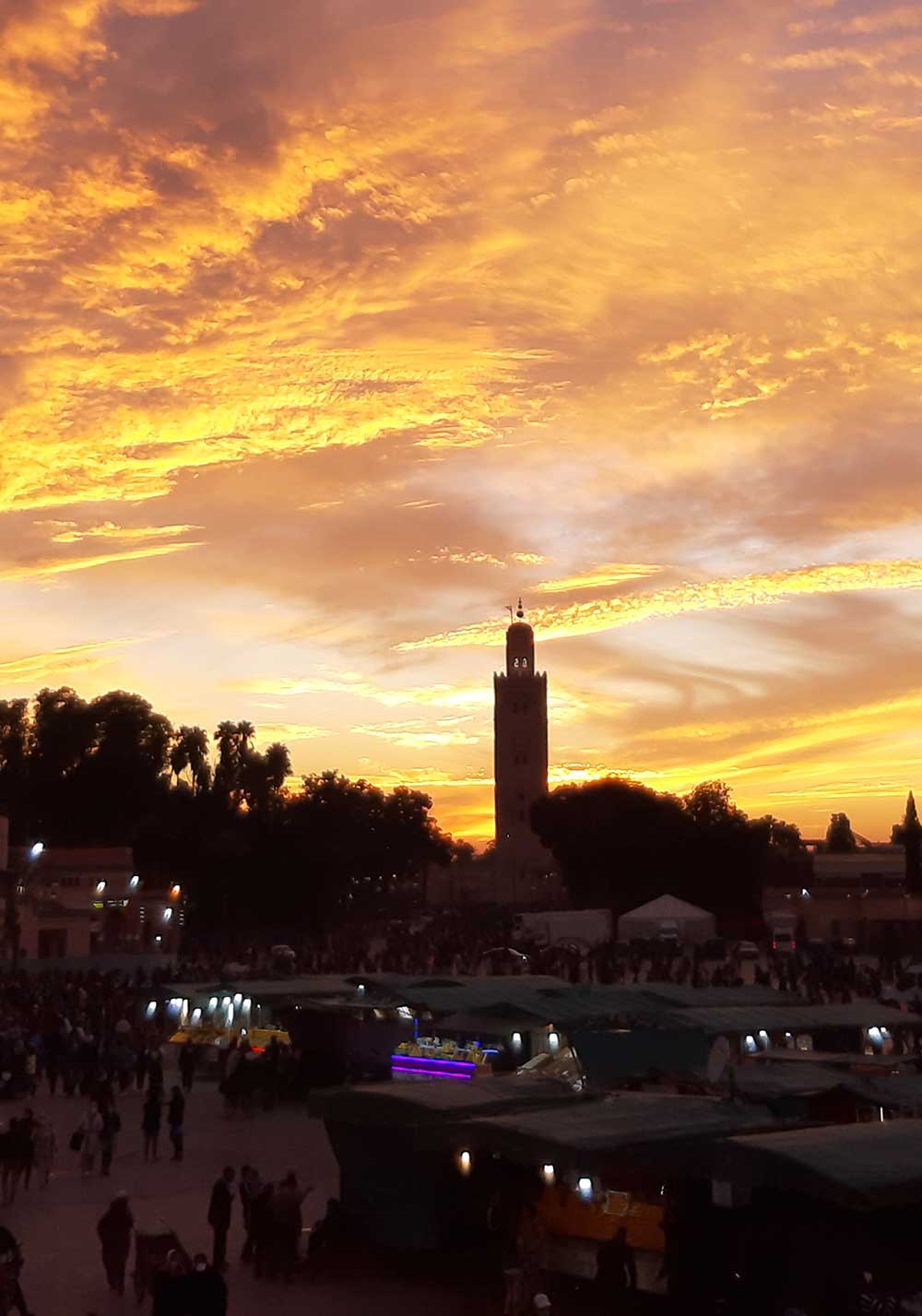
19 Feb Marrakech is back
Who’s ready for a holiday? The answer: just about everyone!
And with vaccine rollout progressing globally, there is cautious optimism about next holidays in 2021 in Morocco. That’s why.
Morocco’s tourism sector took a heavy hit from the Covid-19 pandemic, but now the country and Marrakech are strategizing post-lockdown plans to revive touristic economies and breathe life back into the industry.
Since the beginning of the Covid-19 pandemic in Europe, the health situation in the country has always been stable with low critical cases, thanks to the Moroccan regime’s swift and firm reaction. First, the regime ensured the application of health measures recommended by the World Health Organization (WHO) for safety and health of everyone, including declaring a state of public health emergency, confinement, and enhanced testing for potential cases.
Then, the government implemented strict measures, updated on a weekly basis, as a means to curb national infection rates after the outbreak of Covid-19. These have included the closure of schools, universities, non-essential shops, as well as mosques. People mobility has been controlled through curfews and the prohibition of accessing the public space without a state-issued authorization. The coordination of health care and functioning of hospitals and health personnel is strengthened across the regions of Morocco.
The International travel website “Travel Daily News” has named Morocco one of the top destinations tourists will flock to once the Covid-19 pandemic wanes and restrictions on international travel ease.
Seeking citizens’ cooperation was the first step that got success. Furthermore, in light of all the adopted series of proactive measures, Morocco has been considered as a model in Africa in mitigating Coronavirus effects. It has emerged as a stronger state than might have been expected. The kingdom successfully acquired and produced medical supplies (including protective masks1 and ventilators2), while elites rallied behind the regime by donating over three billion dollars to an emergency fund to fight the outbreak.
As effective consequences, the number of Covid-19 cases reporting has been reduced considerably and the country has been detecting from January 1st, 2021 an average of 810 coronavirus cases per day, while Marrakech less than 60 per day.
Morocco’s King Mohammed VI contribution has been always relevant. He has also launched the country’s nationwide coronavirus vaccine campaign, getting his injection at the at the royal palace in the city of Fez. Vaccines are free for all Moroccan citizens and foreigners living in and they are gradually taking place and target people aged between 17 and 75 years. The country has received millions of doses of the Oxford/AstraZeneca vaccine and of China’s Sinopharm.
“The kingdom intends to complete the anti-Covid vaccination operation within 3 to 5 months to achieve collective immunity and ensure a return to normal life”, announced the Minister of Health, Khalid Ait Taleb.
A simplified procedure now allows a gradual opening of Morocco’s borders. As formalities for travelers to enter Morocco, a confirmed hotel reservation must be presented at the airport and passengers will be required to present (negative) results of a PCR test for Covid-19, with the results dated no earlier than 72 hours prior to departure. At 72 Riad Living we can arrange an on-site authorized test if our clients need to be tested Covid-19 negative again before returning home.
While Marrakech reveals its beauties away from its usual tourist crowds, visitors should also set their sights on the Ochre city for another fitting reason. Travel Daily News recommends souvenir hunting in its Medina, where “you can strongly bargain and get the best deal ever!”.
For direct bookings, still available our flexible rates with a free cancellation up to 5 days prior arrival. Please use 72@riadliving.com for any enquiries.

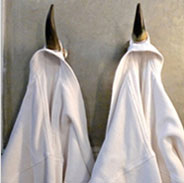
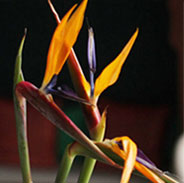
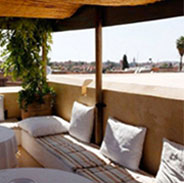

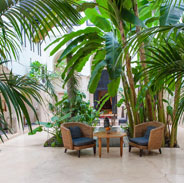
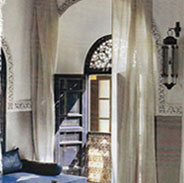
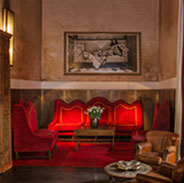
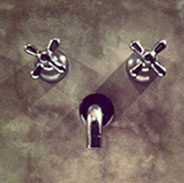
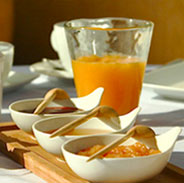
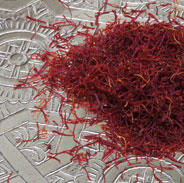
Sorry, the comment form is closed at this time.